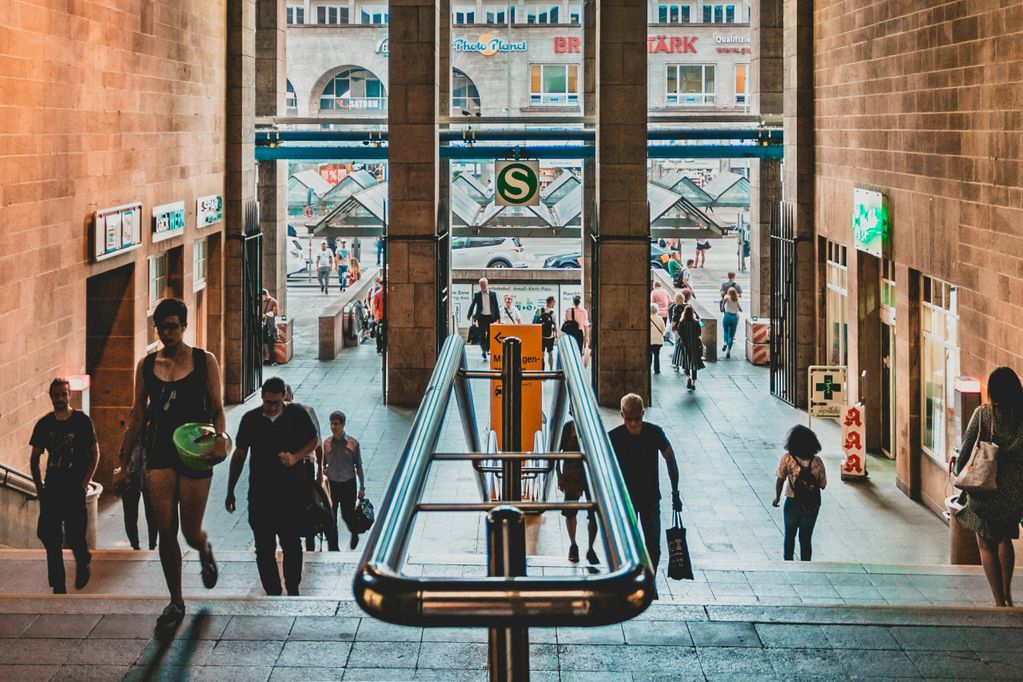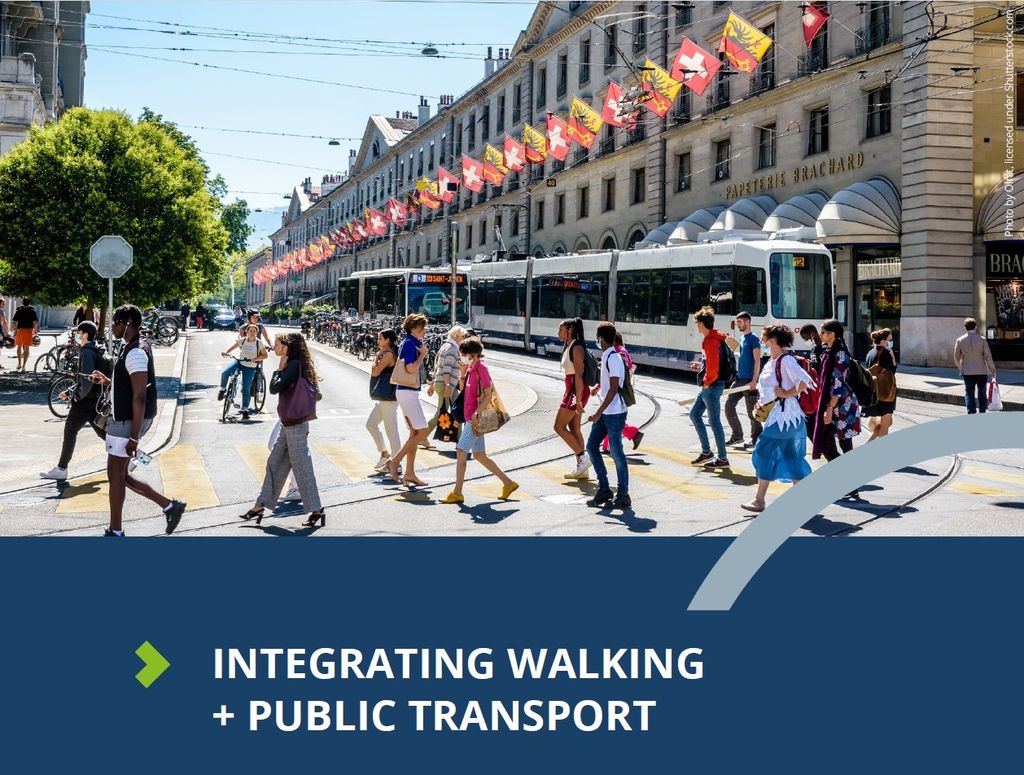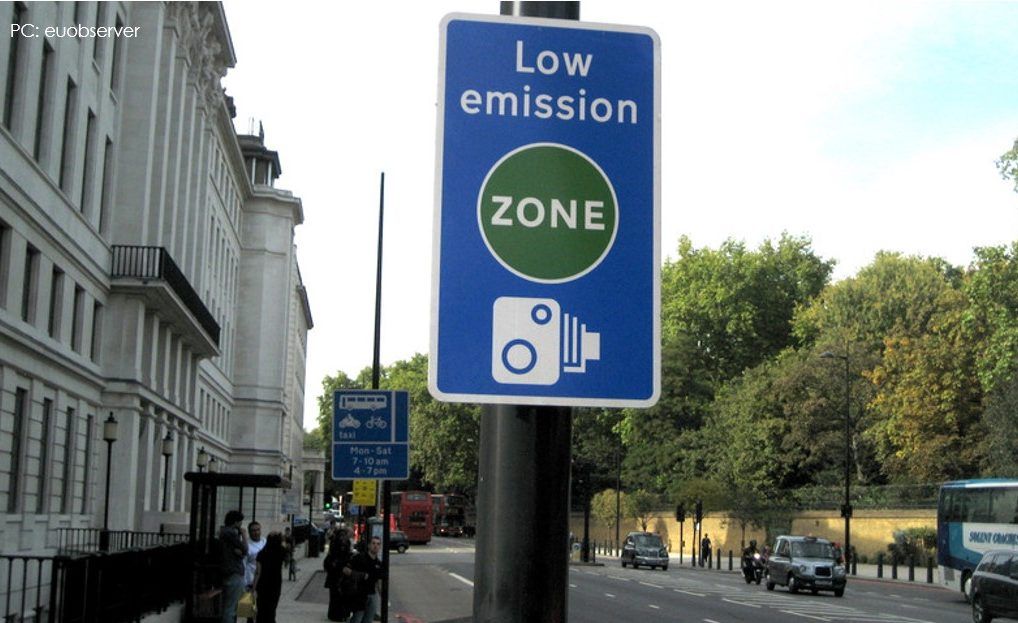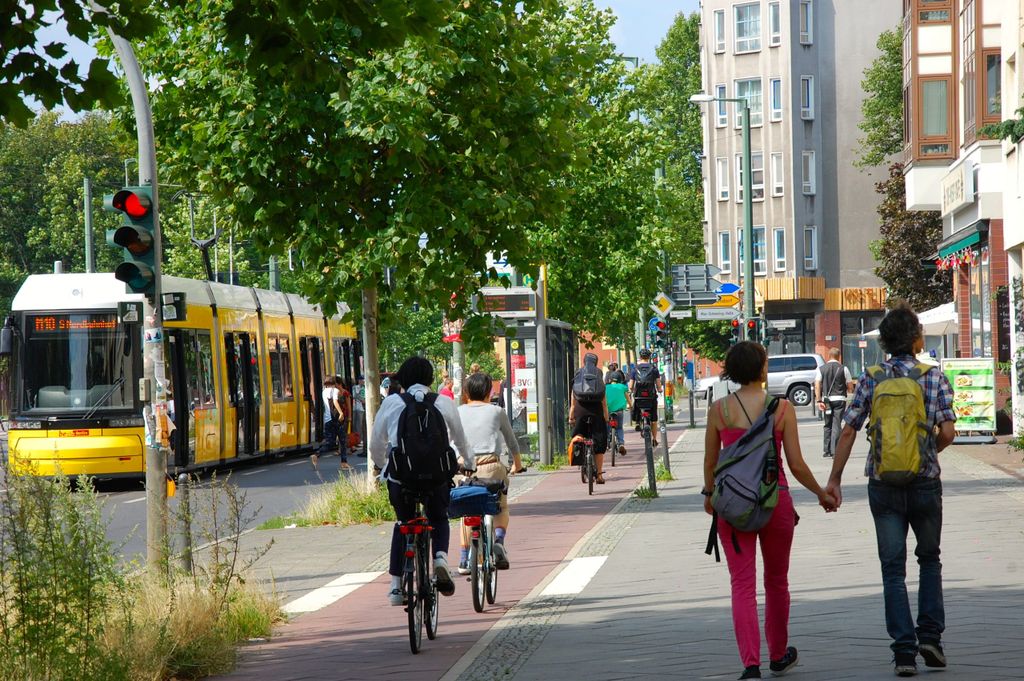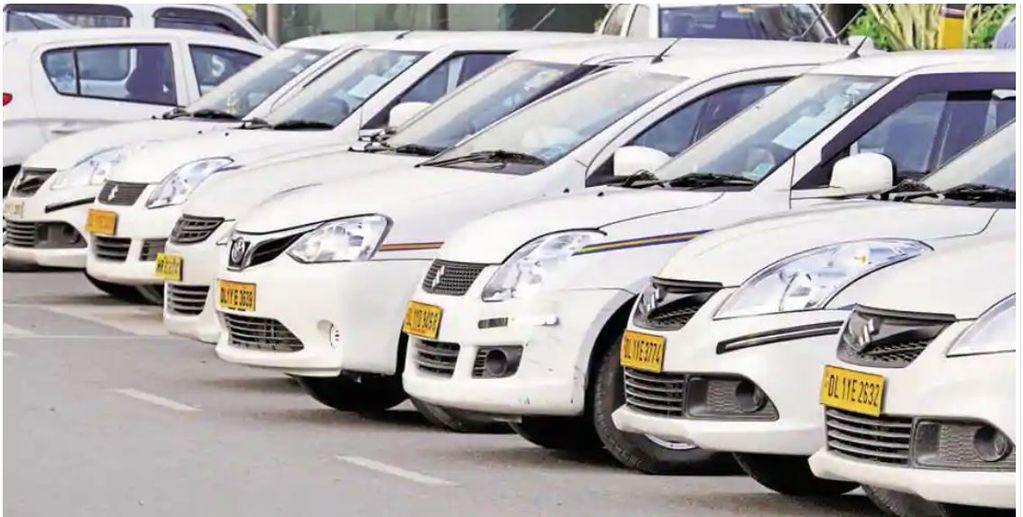
Regulatory and financial frameworks for shared mobility in India
Background
Improving public transport in cities leads to improved access to activities and services for citizens in a resource efficient manner. This further contributes to co-benefits like improvement in air-quality, climate change mitigation and improved quality of life in cities. However, formal bus and rail based public transport systems in India have traditionally faced a shortage of public finance available for their development. The recent years saw increased investment in capital infrastructure development of metro systems[1]while the bus infrastructure continues to remain underfunded. Both metro and bus systems don’t receive any financial support for operations. Given the societal objective of public transport agencies to provide affordable services for all income groups, these agencies regularly face operational losses. The twin challenge of capital and operational financing has limited the growth of urban public transport systems across India. As a result, out of the 450 cities with more than 100,000 inhabitants, only 10 ten cities have a suburban or metro rail service and about 65 cities have some form of formal bus transport.
The lack of adequate formal public transport combined with the citizen’s increasing demand for shared mobility has led to the emergence of paratransit or Intermediate Public Transport (IPT) services. These are privately owned and informally operated shared mobility services, typically provided by three-wheeled auto-rickshaws with a capacity of three to six passengers per vehicle. Paratransit services provide both point to point (P2P) and shuttle services between fixed origins and destinations, forming the largest share of shared trips in many Indian cities. The recent years have also seen the emergence of ‘New Mobility’ solutions i.e. mobile application (app) based ride-hailing services provided by companies like Ola, Uber and Shuttl. These apps provide aggregate shared vehicles like taxis, three-wheelers and buses that provide on demand mobility as a service to users. Both paratransit and new mobility solutions are financed through private investments and only operate profitable services that recover their investments. Therefore, they cannot be expected to fulfil the role of a formal public transport that provides affordable access to mobility for all citizens.
In summary, Indian cities are faced with a combination of inadequate formal public transport and competing private solutions like paratransit and ‘New mobility’ services. This is in contradiction to the National Urban Transport Policy (NUTP), 2006 that advocates for integrated public transport systems in cities that reduce the need for private modes of transport like Cars and Two-wheelers. The lack of integrated regulatory and financial frameworks to govern shared mobility is identified as one of the key barriers towards such a transition. International Association of Public Transport (UITP) India, with support from Shakti Sustainable Energy Foundation (SSEF), has identified key gaps in the existing regulatory and financing mechanisms governing public transport in India and reviewed international examples to provide recommendations towards addressing these gaps. The study acknowledges the need for providing a multimodal shared transport system in Indian cities with high quality public transport systems as its core. Therefore, we provide a roadmap for improved regulatory and financial frameworks that can lead to an integrated approach towards formal public transport systems, informal paratransit systems and ‘New Mobility’ solutions.
An initiative supported by: Shakti Sustainable Energy Foundation (SSEF)
Read more |Executive summary |Detailed report



